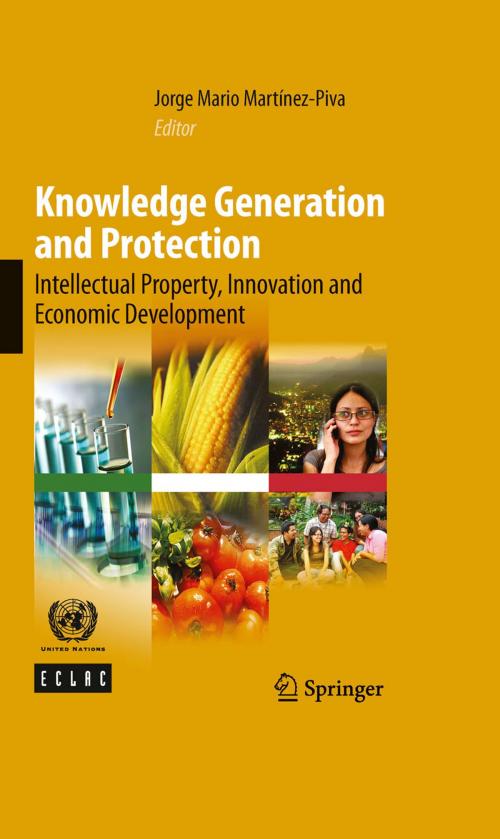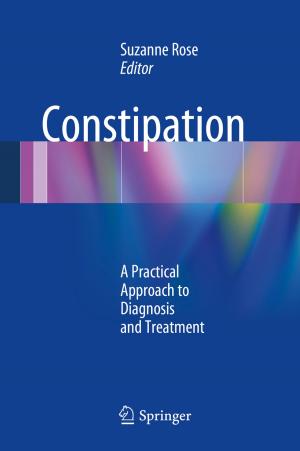Knowledge Generation and Protection
Intellectual Property, Innovation and Economic Development
Business & Finance, Economics, International Economics, Nonfiction, Social & Cultural Studies, Political Science, Politics, Economic Policy| Author: | ISBN: | 9781441912640 | |
| Publisher: | Springer New York | Publication: | December 3, 2009 |
| Imprint: | Springer | Language: | English |
| Author: | |
| ISBN: | 9781441912640 |
| Publisher: | Springer New York |
| Publication: | December 3, 2009 |
| Imprint: | Springer |
| Language: | English |
This book is the English version of the text published by the Economic Commission for Latin America and the Caribbean in April 2008 and entitled Generación y protección del conocimiento: propiedad intelectual, innovación y desarrollo 1 económico. Since then, the year that has passed has been fraught with uncertainty but has also brought signs of hope. Indeed, the past year was marked by the outbreak of the deepest and most p- vasive nancial and economic crisis since the Great Depression of 1929, a crisis generated in the United States but whose negative repercussions have spread at a phenomenal rate throughout the planet. The impact of this crisis on the p- ples of Latin America and the Caribbean will undermine the region’s prospects for economic growth, employment, and poverty alleviation. This was the year in which United States citizens elected Barack Obama as their President, a clear sign of new hope. This hope was tangible at the Fifth Summit of the Americas, held in 2009 in Port of Spain, which marked a turning point in the relations between the countries that make up this hemisphere. The open posture of the United States and that country’s readiness to listen rather than to impose any particular position and its willingness to engage in dialogue on an equal footing were positive signs. Moreover, it was generally admitted that there is not just one model for advancing successfully toward development.
This book is the English version of the text published by the Economic Commission for Latin America and the Caribbean in April 2008 and entitled Generación y protección del conocimiento: propiedad intelectual, innovación y desarrollo 1 económico. Since then, the year that has passed has been fraught with uncertainty but has also brought signs of hope. Indeed, the past year was marked by the outbreak of the deepest and most p- vasive nancial and economic crisis since the Great Depression of 1929, a crisis generated in the United States but whose negative repercussions have spread at a phenomenal rate throughout the planet. The impact of this crisis on the p- ples of Latin America and the Caribbean will undermine the region’s prospects for economic growth, employment, and poverty alleviation. This was the year in which United States citizens elected Barack Obama as their President, a clear sign of new hope. This hope was tangible at the Fifth Summit of the Americas, held in 2009 in Port of Spain, which marked a turning point in the relations between the countries that make up this hemisphere. The open posture of the United States and that country’s readiness to listen rather than to impose any particular position and its willingness to engage in dialogue on an equal footing were positive signs. Moreover, it was generally admitted that there is not just one model for advancing successfully toward development.















